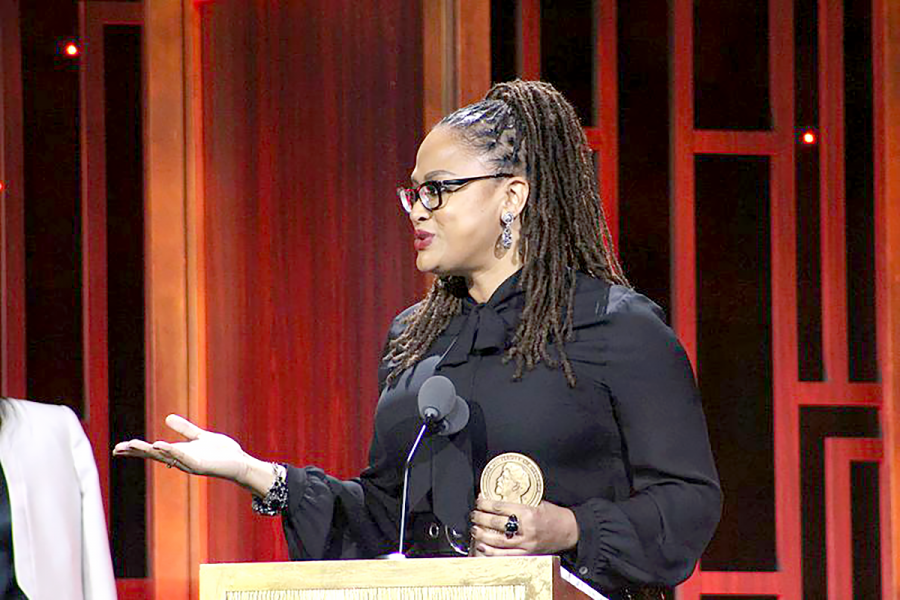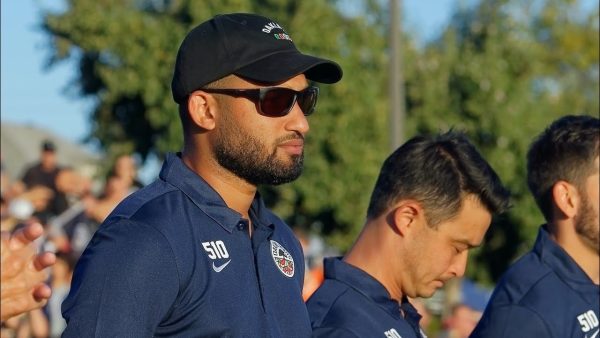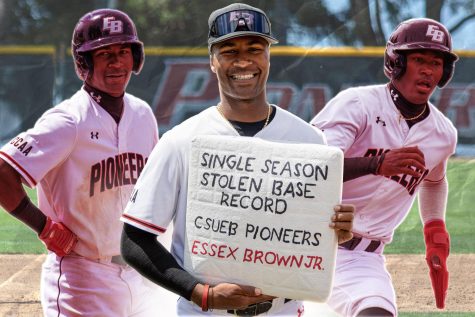Female film directors go unrecognized
March 20, 2019
While this year’s Oscars were full of groundbreaking moments, such as “Black Panther” winning in three categories and Director Spike Lee winning his first Oscar for his film “BlacKkKlansman,” there was still a lack of diversity when it came to nominations.
More specifically, there was a distinct lack of nominations for female directors. However, in the conversation of the Oscars, this is a growing trend.
For the past 91 years, only five female directors have been nominated for an Oscar, with Kathryn Bigelow being the only winner for her film “The Hurt Locker” in 2009. Furthermore, no woman of color has been nominated.
While male directors are regularly nominated and have chances to win, history shows female directors struggle to even get nominated.
Dr. Mary Cardaras, Department Chair of Communications at California State University, East Bay and current professor for the social justice documentary course, has been part of the film industry for years. Cardaras’ career started back in 1982 for television news in New York City.
“Women were and continue to be blocked from opportunity that men typically have in the doc film world and in the feature film world. It is about access and opportunity,” says Cardaras. “We were not and often are still not taken seriously, recognized as people who can compete and bring an interesting perspective and sensibility to the film world.”
However, Cardaras sees that, compared to the past, it is a much better setting for women filmmakers. While female directors are not winning, films that do win have a bigger impact.
“Just look at the Oscar nominees for documentary film this year. The winner for best documentary feature was co-directed by a woman. The winner for doc short this year was an all female team. And the popular film, ‘RBG,’ a feature doc about Supreme Court Justice Ruth Bader Ginsburg, was an all female production team,” according to Cardaras. “Things are changing, but it is up to women to put pressure where we need to, to be included. Like Ruth Bader Ginsburg said of men: ‘I ask no favor for my sex. All I ask of our brethren is that they take their feet off our necks.’”
Dr. Anita Chang, a professor of Communications at CSUEB has been making independent films and videos since 1994, starting with short films, then moving on to longer public television funded documentaries in the U.S., Nepal and Taiwan. Chang believes that the various steps involved in documentary filmmaking is the reason so many are held back.
Dr. Chang’s solution to this issue is one of funding and distribution.
“In terms of content, distribution platforms could highlight women directors and draw new audiences into different forms of storytelling, particularly those with a more feminist trajectory. A savvy kind of marketing would be needed since audiences have been conditioned to expect,” says Chang. “Perhaps even desire, a heteronormative drive within a patriarchal narrative, often positioning women characters as visually stimulating objects to be acquired and or situated in their designated place.”
















